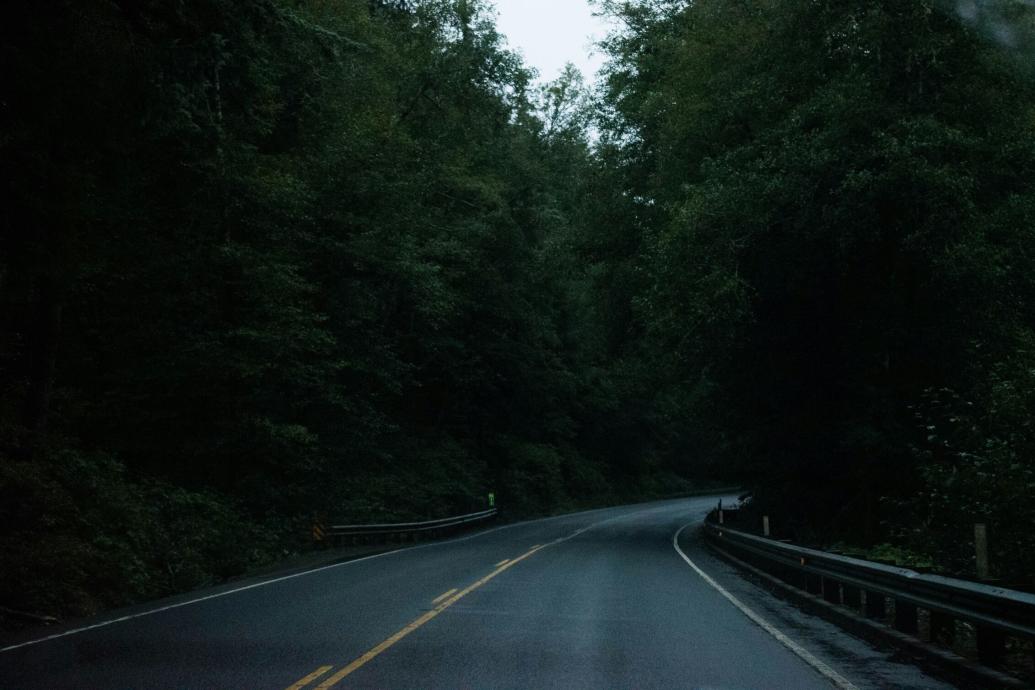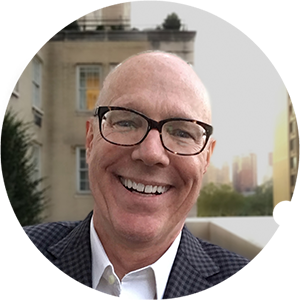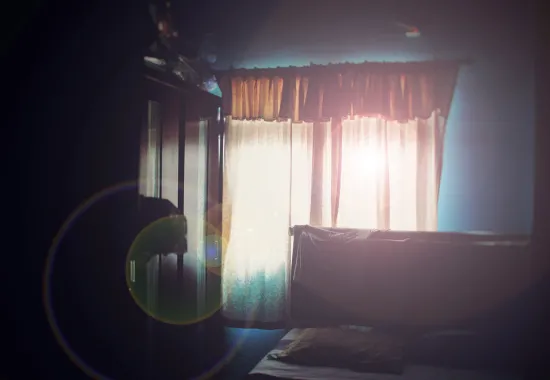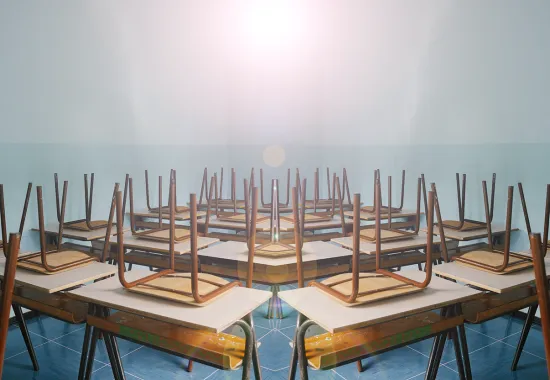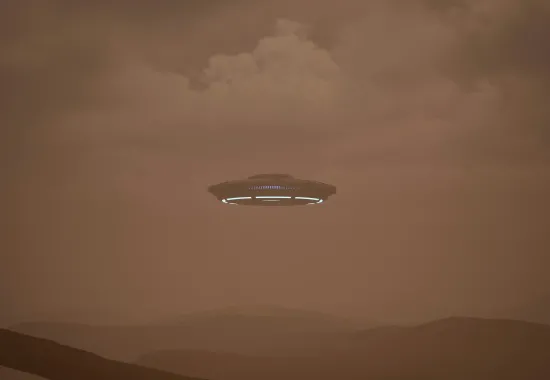The Learning Curve
“When you pulled in, I could tell that car was crabbing,” the gas station attendant said to my father. “That thing’s been wrecked and the frame is bent.” He and my father squatted at the rear bumper. My brother and I gathered with my mother in a clump behind them. Sure enough, the car sat crooked on the frame, the body angling a bit left but the wheels pointing straight ahead. I thought at first this was funny. But then, plenty of things looked funny to a nine-year-old, like my grandfather’s constant shaking or our cat back home with a notch in his ear.
A man waiting for the pumps honked and hollered. “That thing’s crooked!”
“Get in,” my father said. He did not sound like this revelation was funny.
“It’s not really that noticeable,” my mother said, as we pulled back onto the road. We resumed our summer vacation at an angle, in a used Impala my father had bought just for the trip.
•
With my head poked through the iron fence, the White House looked much smaller than I had expected. I pictured President Johnson looking out the window and spotting me. He’d be old and very tall and from Texas just like us. He and my dad would talk about Amarillo and then he’d lean down and say, “Son, what kind of car did you come in?”
“An Impala, sir.”
“How does she run, son?”
“Good, sir, except it crabs.”
“Frame bent?”
“Yessir.”
“First thing I check for in a used car.”
Why had my father bought a crooked car? Who would sell a minister one?
•
We walked over to the grassy Mall and Dad hailed a cab to take us up to the Capitol. He wrangled us into the backseat and then rode with the driver up front.
“We're from Texas,” Dad said.
“Uh-huh,” the man said.
My brother and I leaned over the back seat, breathing on the man, watching the meter click. At the Capitol steps, we piled out and clomped to the top, where a guard swung open a big door. We stepped inside the Rotunda, cool and hushed like church and I could hear low murmurs and footsteps tapping. In the center of Statuary Hall, my father gathered us around.
“If you stand in just the right spot, your whispers can be heard by people clear across the room,” he said.
I scanned the giant hall and wished my brother was standing on the other side so I could whisper something to torment him. That would really be something.
•
The next day, at the American History Museum, I stood by my father, looking up at the Spirit of St. Louis, Lindbergh’s plane.
“His flight to France took thirty-three hours,” my father said. “Over the ocean the whole time.”
“Without sleeping?”
“That’s right. Do you know how he stayed awake?”
“No.”
“There was a fly in there with him.”
“Really?”
“The fly annoyed him so much he couldn’t fall asleep.”
I liked the idea of a fly playing a role. I would never have known that.
•
The next stop was the tattered flag from Fort McHenry, hanging fifty feet high against a wall. I tilted my head up and pictured Francis Scott Key, hunkered down in battle, writing “The Star-Spangled Banner” while looking at this flag.
“Dad, is this the real flag?”
“Yes, son. It is.”
“Were bombs really bursting in air?”
“Yes, they were.”
“I thought bombs blew up on the ground.”
“Well, back then they had a fuse in them, and they might blow up as they sailed in the air.”
There was no placard that said that. My dad said it.
•
We made our way up the steps of the Lincoln Memorial and I watched my father’s lips move as he read the “Gettysburg Address” carved on the white marble wall. A pigeon sat on Lincoln’s knee. The shiny floor reflected my mother and brother, their faces upturned to the giant statue. Looking up at Lincoln, my father put his hand on my shoulder and drew me close. I pointed to the wall.
“Is that the whole speech?”
“Yes, it is. It took him two minutes.”
“It’s really short.”
“Lincoln wrote the “Gettysburg Address” on the back of an envelope.”
“Did he really?”
“Yes, son, he really did.”
•
On our way home to Amarillo, my brother and I watched for license plates from other states. We looked for oncoming cars with a burned-out headlight, which, if you spotted it first, meant yelling “fiddly cockeye” and slugging the loser on the arm. We stopped at the Holiday Inn and swam until our eyes were bloodshot from chlorine. From the back seat, the horizon and the road all looked straight to me. I couldn’t tell the Impala was riding crooked. I still felt my father knew everything about America, but a new thought rolled around in my mind as the miles and hours passed, the windows down, my mother’s headscarf flapping in the front seat. I thought back to the Capitol. I imagined standing alone in the center of the giant marble hall. Far away, a voice whispered something I thought could not be possible. Your father was cheated.
Recommended
I Have Only Dreamed You Dead, For Now.
Encounter
Schizophrenic Sedona


